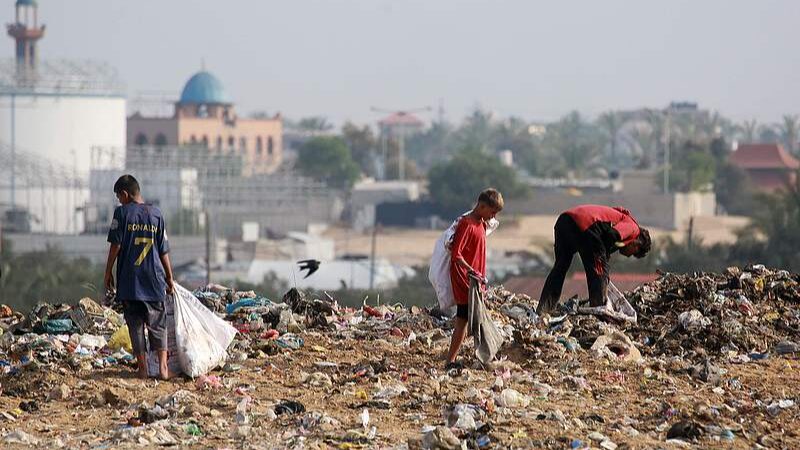In a significant development, Iranian Foreign Minister Seyed Abbas Araghchi and UN Secretary-General Antonio Guterres held a pivotal conversation regarding the escalating tensions in the Middle East.
The phone call, which took place on Tuesday evening, underscored the immediate need to halt the ongoing conflicts in Gaza and Lebanon. Both leaders emphasized the critical importance of delivering humanitarian aid to the war-torn regions, aiming to alleviate the dire conditions faced by civilians.
Araghchi highlighted the \"catastrophic\" humanitarian crisis resulting from continued Israeli attacks in Gaza and Lebanon. He urged Guterres to leverage the United Nations' resources to curtail these \"crimes and aggressions\" and facilitate the safe passage of aid to the affected areas.
\"Maintaining peace and stability in the region is paramount,\" Araghchi stated, affirming Iran's commitment to regional security. He warned of a \"decisive and regret-inducing response\" should Israel engage in further adventurism, signaling Iran's readiness to act against destabilizing forces.
The Iranian FM also pointed fingers at the United States, labeling it Israel's primary supporter and holding it accountable for the burgeoning insecurity in the region.
On her part, UN Secretary-General Guterres echoed concerns about the rising tensions due to Israeli military actions. She called for a concerted effort to forge a political solution to end the ongoing military operations and ensure that aid reaches those wounded and displaced in Gaza and Lebanon.
Guterres also reaffirmed the UN's commitment to protecting Lebanon's sovereignty. She emphasized the importance of maintaining UN peacekeepers in southern Lebanon despite the imminent threats to their safety, aligning with the broader objective of regional stability.
The discussion extended to the humanitarian situation in Yemen, reflecting the broader scope of challenges facing the Middle East.
This dialogue comes amid a surge in regional tensions, marked by intensified Israeli attacks on Lebanon, Iran's retaliatory missile strike on Israel on October 1, and Israel's subsequent threats of military action against Tehran.
Reference(s):
Iranian FM, UN chief discuss latest developments in the Middle East
cgtn.com



